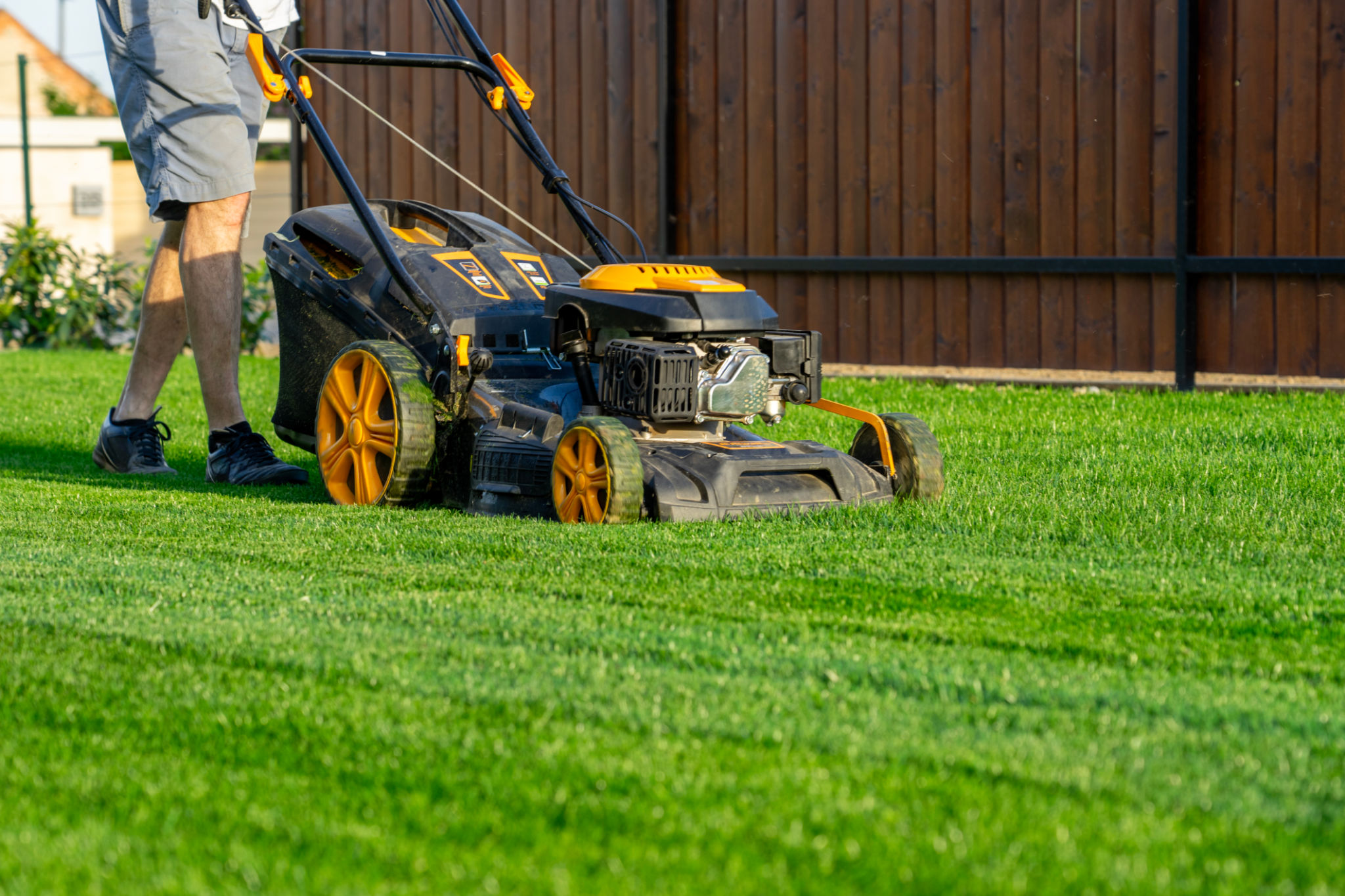Myths and Facts About Lawn Care: Debunking Common Misconceptions
Understanding Lawn Care: Myths vs. Facts
Lawn care can be a perplexing subject for many homeowners, cluttered with a myriad of myths and misconceptions. It's crucial to distinguish fact from fiction to keep your lawn lush and healthy. Here, we debunk some of the most common myths about lawn care.

Myth 1: Watering Daily is Essential
A common misconception is that daily watering is necessary to maintain a verdant lawn. In reality, overwatering can lead to shallow root growth, making your grass more susceptible to drought and disease. It's more effective to water deeply and infrequently, usually once or twice a week.
When you water deeply, it encourages the roots to grow deeper into the soil, providing better resilience against dry spells. Aim to water early in the morning to reduce evaporation and maximize water absorption.
Myth 2: Shorter Grass is Healthier
Many believe that cutting the grass shorter will reduce the frequency of mowing. However, keeping your grass too short can actually harm its health. Scalping your lawn can weaken the grass, making it prone to weeds and pests.
Instead, keep your mower blades set higher. Taller grass blades provide shade for the soil, helping to retain moisture and suppress weed growth. The general rule is to never cut more than one-third of the grass blade at a time.

Myth 3: Fertilization is Best Done in Spring
While spring fertilization is beneficial, relying solely on this season can be a mistake. Lawns need nutrients throughout the year, and fall fertilization is equally important. In fact, applying fertilizer in autumn helps strengthen roots and prepare the lawn for winter.
Consider a balanced fertilization schedule that provides nutrients during the growing seasons. This approach supports robust growth and helps your lawn withstand environmental stresses.

Myth 4: Any Grass Seed Will Do
Choosing the right type of grass seed is crucial for a thriving lawn. Not all grass seeds are created equal, and selecting the wrong type can lead to poor growth and increased maintenance. Match your grass seed to your climate, soil type, and sun exposure for optimal results.
Consult with local experts or gardening centers to determine the best grass seed for your region. This tailored approach ensures that your lawn will grow strong and healthy with minimal intervention.
Embrace Fact-Based Lawn Care
By understanding and debunking these common myths, you can adopt a more effective approach to lawn care. Remember that a well-maintained lawn doesn't happen overnight; it requires patience, knowledge, and proper techniques.
With these insights into fact-based lawn care practices, you can enjoy a lush, green lawn that enhances your home's curb appeal and provides a beautiful outdoor space for relaxation.